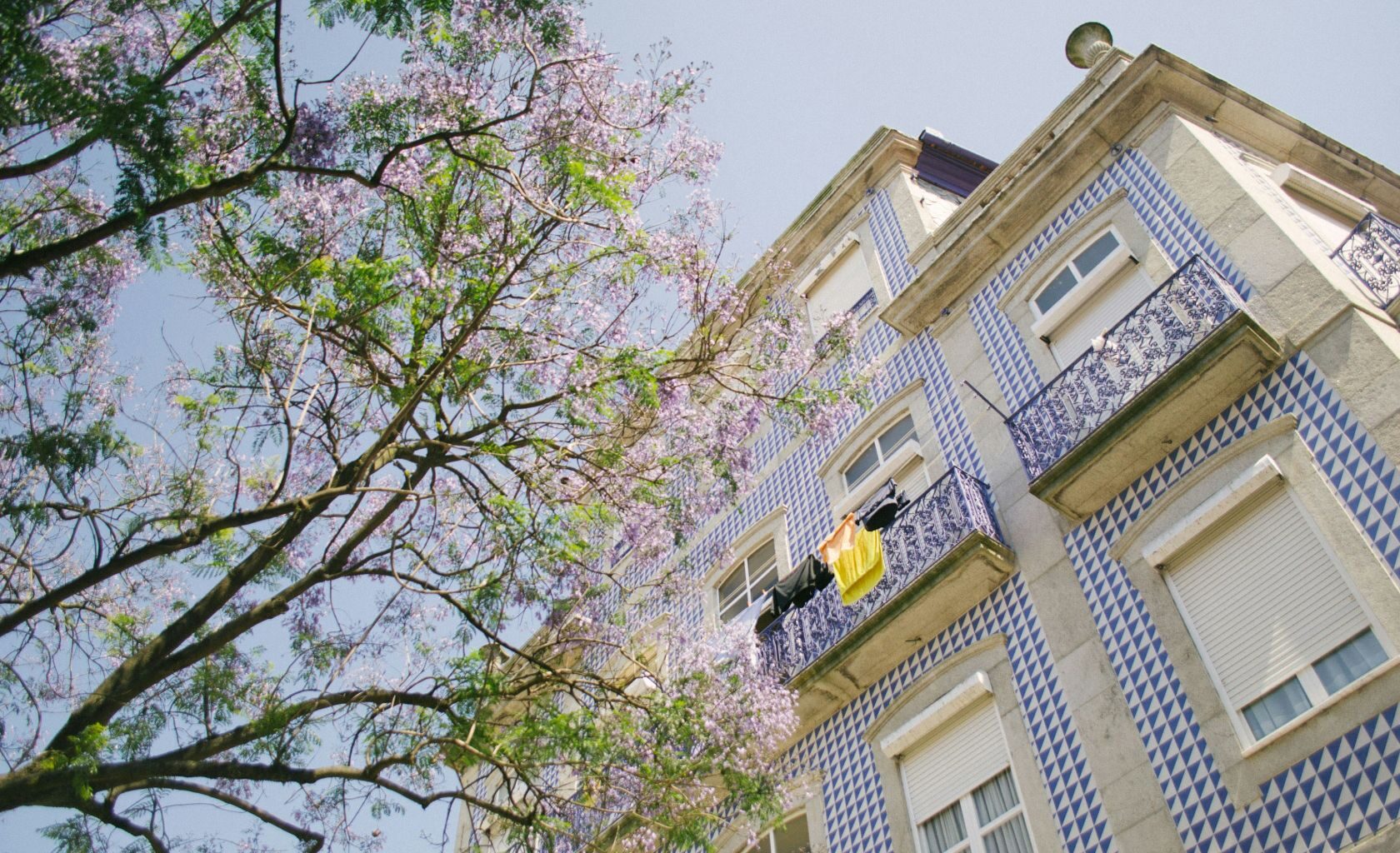“Just as cars are inspected regularly to ensure they are safe to drive, buildings also require systematic inspections to protect those who live and work in them,” emphasises Vítor Amaral, president of APEGAC, in a report by Notícias ao Minuto.
According to the Association, current legislation “requires conservation work to be carried out on buildings in horizontal property regimes, with a maximum frequency of every eight years, but does not provide for any mandatory technical inspection, leaving room for failures in verifying their real effectiveness.”
“In contrast, cars are subject to regular periodic inspections precisely for the purpose of guaranteeing public safety and minimising risks. Why are buildings, where millions of Portuguese people live and work, not treated in the same way?” asks APEGAC.
The Association considers that, “in addition to repairing and preventing visible problems, technical inspections” would “detect hidden pathologies, preventing collapses, leaks, falling elements or system failures; preserve the asset value, since preventive maintenance reduces subsequent costs and increases the value of the property; reduce risk and litigation, by clearly assigning responsibility to those involved and documenting interventions and needs; and promote collective safety and citizen confidence”.
“This model brings Portugal closer to the best European practices and is in line with other APEGAC proposals, such as the introduction of mandatory maintenance plans, still without inspection”, considers the same Association.
In the same statement, APEGAC is also “available to collaborate with the Government and local authorities in defining technical regulations, training inspectors and creating a reliable and effective system that guarantees the execution of inspections and the consequent application of the necessary corrective actions”.
